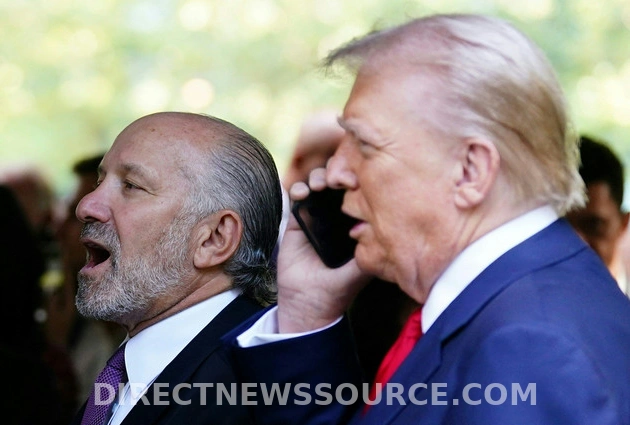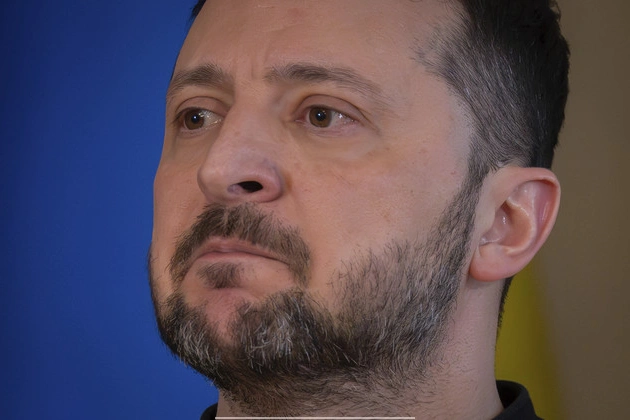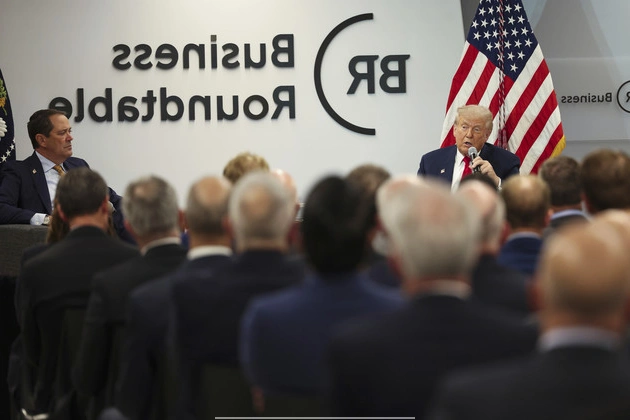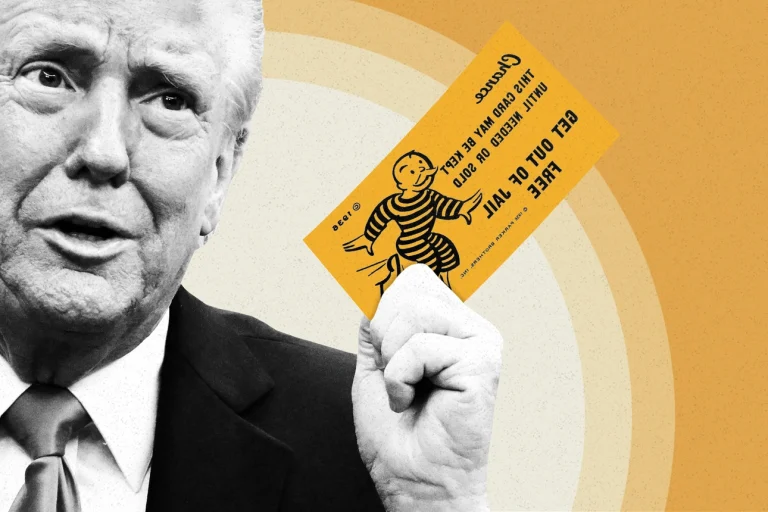
President Donald Trump has reshaped the Republican Party, embracing a form of populism that focuses on the working class while appearing skeptical of corporate influence.
However, following his recent reelection, Trump has surrounded himself with aides and Cabinet members who share his common trait: wealth amassed through intricate business dealings.
The administration’s top positions are being filled with affluent business leaders, including billionaires and Wall Street executives, leading to potential conflicts of interest across various sectors such as health, defense, finance, and cryptocurrency.
Despite Trump’s populist rhetoric, his choices reflect a blend of economic populism and support for the ultra-wealthy, contradicting his anti-corporate stance during his campaign.
The appointments have drawn criticism for the potential conflicts they bring, with Democratic lawmakers challenging nominees like Dr. Mehmet Oz and Treasury pick Scott Bessent over their financial ties and backgrounds.
Howard Lutnick, Trump’s pick for Commerce secretary, is set to step down from his companies and divest his interests, including ties to a controversial cryptocurrency firm.
Elon Musk, the world’s richest individual, could wield influence through his Department of Government Efficiency, operating outside federal regulations and potentially benefiting his personal interests.
While some nominees face scrutiny, the issue of conflicts of interest has not been a primary focus, with moderate Republicans like Sen. Mike Rounds expressing support for wealthy appointees bringing a business perspective to government.
Trump’s selection of wealthy figures has sparked concerns about potential conflicts and the influence of moneyed interests in his administration, setting the stage for debates over ethics and accountability in Washington.















